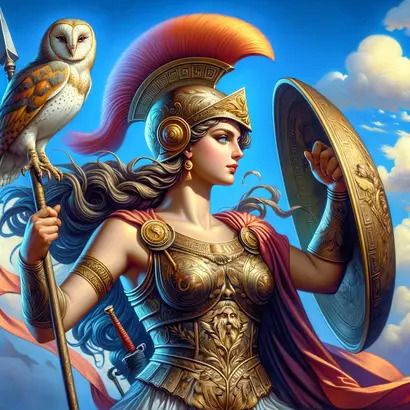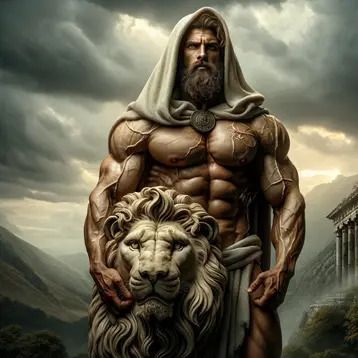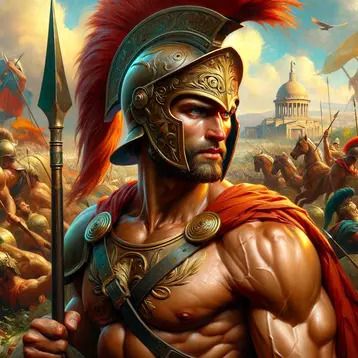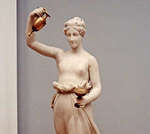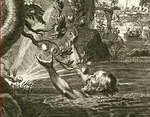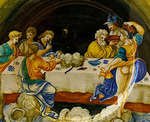
Ambrosia
Ambrosia :: Food of the Gods
In the rich tapestry of Greek mythology, ambrosia occupies a special place as the food of the Olympian gods. Believed to confer immortality and eternal youth upon those who consumed it, ambrosia was a substance shrouded in divine mystery and power.
The Essence of Divinity
Ambrosia, often paired with nectar, the drink of the gods, was an integral part of the divine diet. While ambrosia was the food, nectar was usually considered the beverage counterpart. These elements symbolized the divine nature and immortality of the Olympian gods. It was said that consuming ambrosia could transform the very essence of a being, replacing their mortal blood with ichor, the golden fluid that flowed in the veins of the gods.
Exclusive to the Gods
The exclusivity of ambrosia to deities was a recurring theme in Greek myths. Mortals were generally forbidden from partaking in ambrosia. The story of Tantalus, for instance, illustrates the dire consequences of a mortal attempting to steal ambrosia for personal gain, resulting in severe punishment for committing hubris. On the other hand, when Heracles was granted immortality, Athena offered him ambrosia, signifying his acceptance into the divine realm.
Achilles’ Immortality
One of the most famous myths involving ambrosia relates to Achilles. According to legend, his mother, Thetis, anointed him with ambrosia and passed him through fire to burn away his mortality. However, she was interrupted by Peleus, Achilles' father, leaving Achilles' heel untouched by the ambrosia and thus vulnerable. This story highlights the transformative power of ambrosia and its role in the demarcation between mortality and immortality.
Ambrosia in Art and Literature
Ambrosia has been a source of inspiration in various forms of art and literature, often depicted as a symbol of unattainable perfection and the divine. Its representation in ancient Greek art and subsequent adaptations underscores its enduring allure and the fascination it holds as a mythical element.
See Also: Nectar, Athena, Heracles, Tantalus, Achilles, Thetis, Peleus
Link/Cite Ambrosia Page
Written by: The Editors of GreekMythology.com. GreekMythology.com editors write, review and revise subject areas in which they have extensive knowledge based on their working experience or advanced studies.
For MLA style citation use: GreekMythology.com, The Editors of Website. "Ambrosia". GreekMythology.com Website, 30 Nov. 2023, https://www.greekmythology.com/Myths/Elements/Ambrosia/ambrosia.html. Accessed 26 April 2024.

